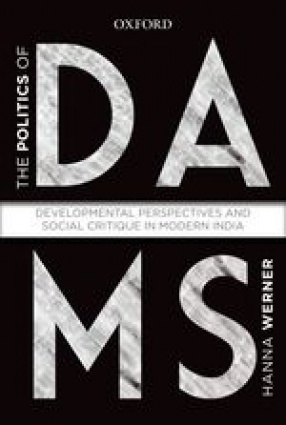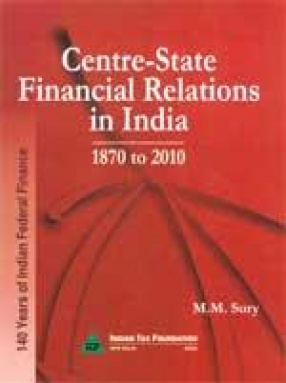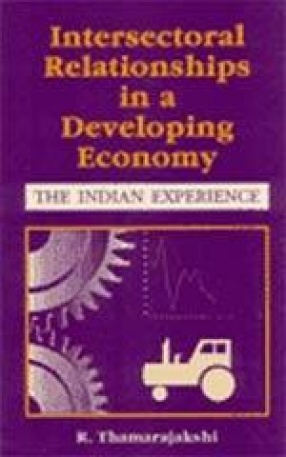This book is concerned with the construction of large dams in the context of post-Independence developmental politics in India. It deals with the "ideological designs" that shaped the implementation of dams in India and juxtaposes them with alternative visions and their political opposition. The author combines a historical analysis of "the politics of dams" with an ethnography of the north Indian Tehri Dam and the recent debate on hydropower projects on the Ganges.
The book shows that large dams are still at the heart of developmental discourse in India, an important topic not only for activists, but also for any academic and intellectual concerned with questions of livelihood, development, the environment, and alternative visions of "modern India". Grounded in reflections on the historicity of political language, the empirical study reveals the "logic" of the discourse, that is, in how far it restricts or enables the critique of large dams, embedded as they are within an overwhelming and seemingly commonsensical developmental imagination in the postcolonial world. The author provides a number of case examples, which show that the critique of large projects can be formulated on the basis of the historical contingency of developmental perspectives and societal visions.





There are no reviews yet.